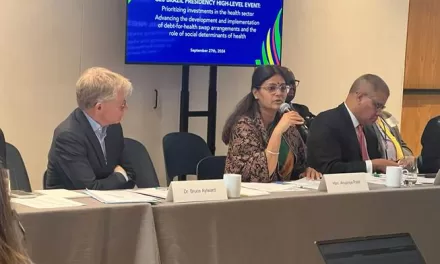Loneliness isn’t merely a personal struggle anymore; it has evolved into a pervasive epidemic, likened by the US surgeon general to the health risks of smoking. Its toll on both physical and mental well-being is profound, mirroring the effects of up to 15 cigarettes a day, according to health experts. In light of its detrimental impacts on health, from heightened cardiovascular risks to exacerbated mental health challenges, the imperative to confront loneliness head-on has never been more urgent.
The Scale of Loneliness
Europe, grappling with the ramifications of this burgeoning crisis, has undertaken comprehensive evaluations to gauge the magnitude of the issue. The EU-LS 2022 survey, spearheaded by the Joint Research Centre (JRC), revealed stark findings. Approximately 13% of the 20,000 respondents across the European Union reported persistent feelings of loneliness over the preceding four weeks. While nations like Ireland, Luxembourg, Bulgaria, and Greece recorded the highest levels of loneliness, others such as the Netherlands, Czech Republic, Croatia, and Austria fared comparatively better.
Dispelling Age Misconceptions
Contrary to common assumptions, loneliness doesn’t discriminate based on age. Studies have depicted a complex relationship, with both young and older adults experiencing significant levels of isolation. Elizabeth Casabianca, a socioeconomic analyst at the JRC, underscores the necessity for tailored interventions that address the distinct needs of diverse age groups. Acknowledging this multifaceted nature is pivotal in devising effective strategies to combat loneliness effectively.
The Digital Dilemma
The pervasive use of social media platforms has emerged as a double-edged sword in the battle against loneliness. While it offers avenues for connection, excessive reliance on digital interactions can exacerbate feelings of isolation. Courtney Queen, an expert in technology use and loneliness, emphasizes the need for nuanced understanding and further exploration of the relationship between social media usage and loneliness.
Healthcare’s Crucial Role
Healthcare professionals are at the forefront of identifying and mitigating the impact of loneliness on individuals’ health. Screening for loneliness, integrating mental health assessments into routine care, and facilitating access to community resources are pivotal steps in fostering holistic well-being.
A Call to Action
Addressing loneliness demands a concerted effort at local, national, and international levels. Community-based programs, exemplified by initiatives in Barcelona and Pau, offer a blueprint for fostering social cohesion. Moreover, the appointment of a minister of loneliness, as witnessed in the UK and Japan, underscores the gravity of the issue and paves the way for dedicated policy interventions.
Harnessing Innovation
Innovative solutions, ranging from AI-powered companionship devices to community engagement projects, are instrumental in bridging the gap between isolation and inclusion. Initiatives like the I2I project and Intuition Robotics’ ElliQ exemplify the transformative potential of technology in combating loneliness.
Mapping the Way Forward
The JRC’s comprehensive mapping of loneliness interventions across Europe serves as a vital resource for policymakers and practitioners. By identifying existing initiatives and potential gaps, this initiative aims to inform future strategies and foster collaboration in the fight against loneliness.
As Europe grapples with the ramifications of an increasingly interconnected yet isolating society, the imperative to address loneliness with urgency and empathy has never been clearer. By embracing innovative solutions, fostering community engagement, and prioritizing mental health, Europe can pave the way towards a more connected and resilient future.











